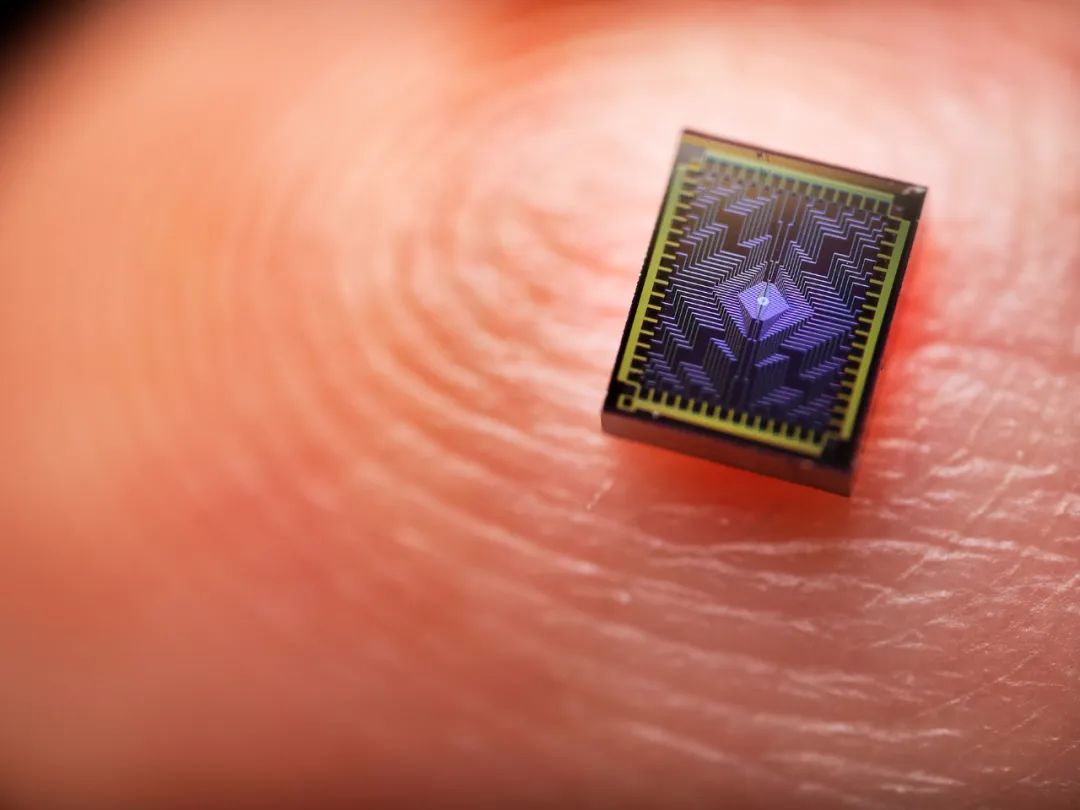Intel recently announced the release of its latest quantum research chip, Tunnel Falls , a 12-qubit silicon chip, and made the chip available to the quantum research community. In addition, Intel is collaborating with the University of Maryland's Physical Sciences Laboratory (LPS), Parker College's Qubit Collaborative Laboratory (LQC), and the National Quantum Information Science (QIS) Research Center to advance quantum computing research.

" Tunnel Falls is Intel's most advanced silicon spin qubit chip to date , and it draws on the company's decades of transistor design and manufacturing expertise," explained Jim Clarke, director of quantum hardware at Intel. "The release of the new chip is the next step in Intel's long-term strategy to build a full-stack commercial quantum computing system. While there are still fundamental problems and challenges that must be addressed on the path to a fault-tolerant quantum computer, the academic community can now explore the technology and accelerate research develop."
Currently, academic institutions do not have high-volume manufacturing facilities like Intel's. With Tunnel Falls, researchers can start experimenting and researching right away, rather than trying to build their own devices. As a result, a wider range of experiments is possible, including learning more about the fundamentals of qubits and quantum dots, as well as developing new techniques for using devices with multiple qubits.
To take this issue a step further, Intel, through the U.S. Army Research Office, is partnering with LQC to provide research labs with Intel's new quantum chips as part of the Computing Foundry Qubits (QCF) program. The collaboration with LQC will allow researchers to gain hands-on experience using scaled arrays of these qubits, helping to democratize silicon spin qubits. The program aims to enhance workforce development, open doors to new quantum research, and grow the entire quantum ecosystem.
The first quantum labs to participate in the program include LPS, Sandia National Laboratories, the University of Rochester and the University of Wisconsin-Madison. LQC will work with Intel to make Tunnel Falls available to more universities and research labs. Information gleaned from these experiments will be shared with the community to advance quantum research and help Intel improve qubit performance and scalability.
Tunnel Falls is the first silicon spin qubit device released by Intel to the research community. The 12-qubit device is fabricated on 300mm wafers at the D1 fabrication facility, leveraging Intel's most advanced industrial manufacturing capabilities for transistors, such as extreme ultraviolet lithography (EUV) and gate and contact processing. In a silicon spin qubit, information (0/1) is encoded in the spin (up/down) of a single electron. Each qubit device is essentially an electronic transistor, which allows Intel to manufacture it using a process similar to that used in standard complementary metal-oxide-semiconductor (CMOS) logic processing lines.
Intel believes that silicon spin qubits are superior to other qubit technologies because of their synergy with leading-edge transistors. As transistors are sized, they are a million times smaller than other qubit types of roughly 50nm x 50nm , potentially allowing efficient scaling. According to Nature Electronics, "Silicon is perhaps the platform with the greatest potential to deliver large-scale quantum computing."
At the same time, utilizing advanced CMOS production lines enables Intel to use innovative process control techniques to achieve yield and performance. For example, Tunnel Falls 12-qubit devices have 95% wafer yield and voltage uniformity similar to CMOS logic processes, delivering more than 24,000 quantum dot devices per wafer. These 12-point chips can form between four and 12 qubits that can be isolated and used for operations simultaneously, depending on how the university or lab runs its system.
Intel is continuously working to improve the performance of Tunnel Falls and integrate it into its full quantum stack through the Intel Quantum Software Development Kit (SDK). In addition, Intel is already developing a next-generation quantum chip based on Tunnel Falls; it is expected to be released in 2024 . In the future, Intel plans to cooperate with more research institutions around the world to build a quantum ecosystem.

If you are interested in edge computing chips, we sincerely invite you to participate in the Global Edge Computing Conference Shenzhen Station on July 15th in Shenzhen! Seize edge computing opportunities with top experts from Yuxian Microelectronics, Intel, Juxiang Technology, and Sun Yat-sen University~
